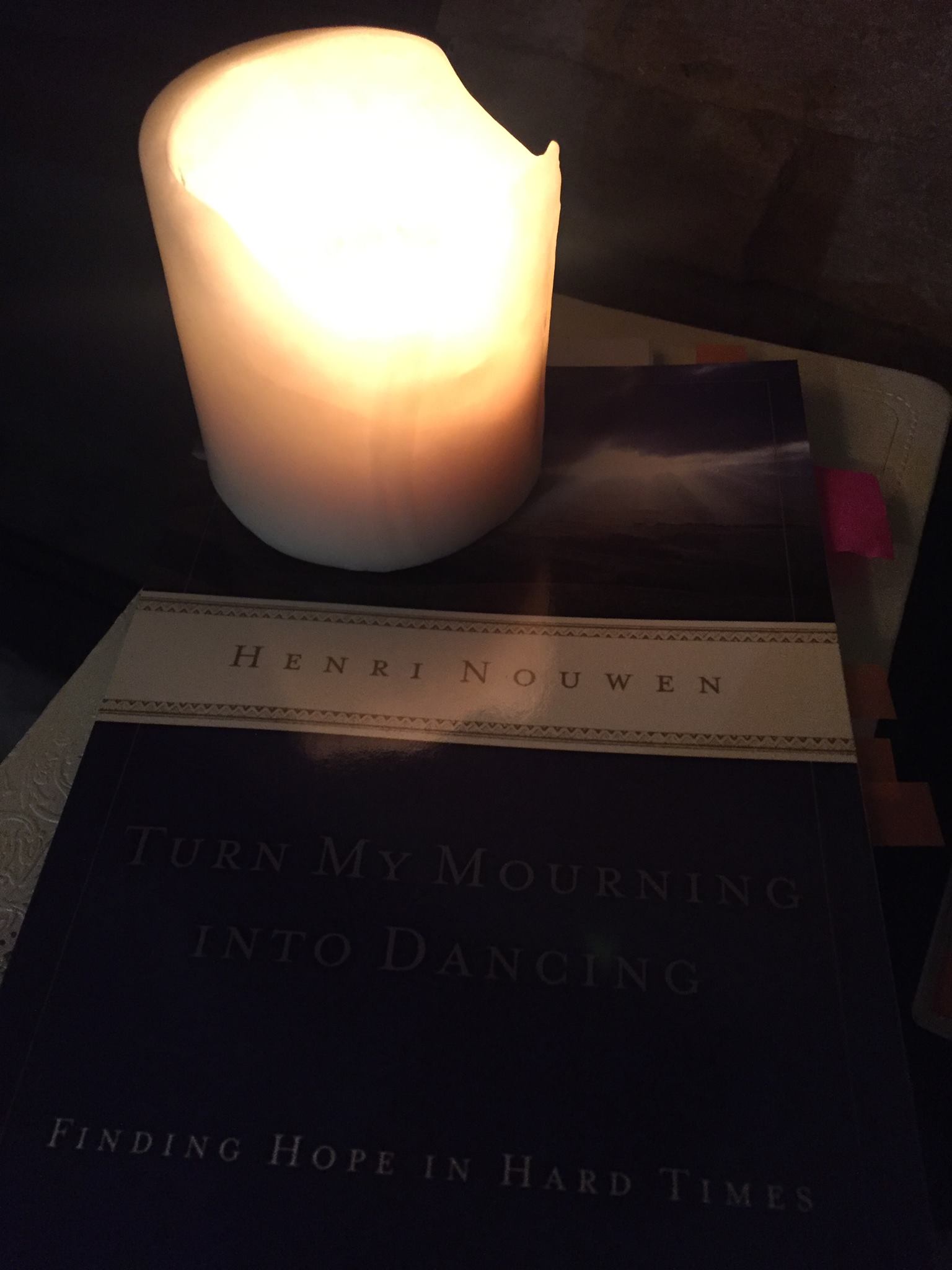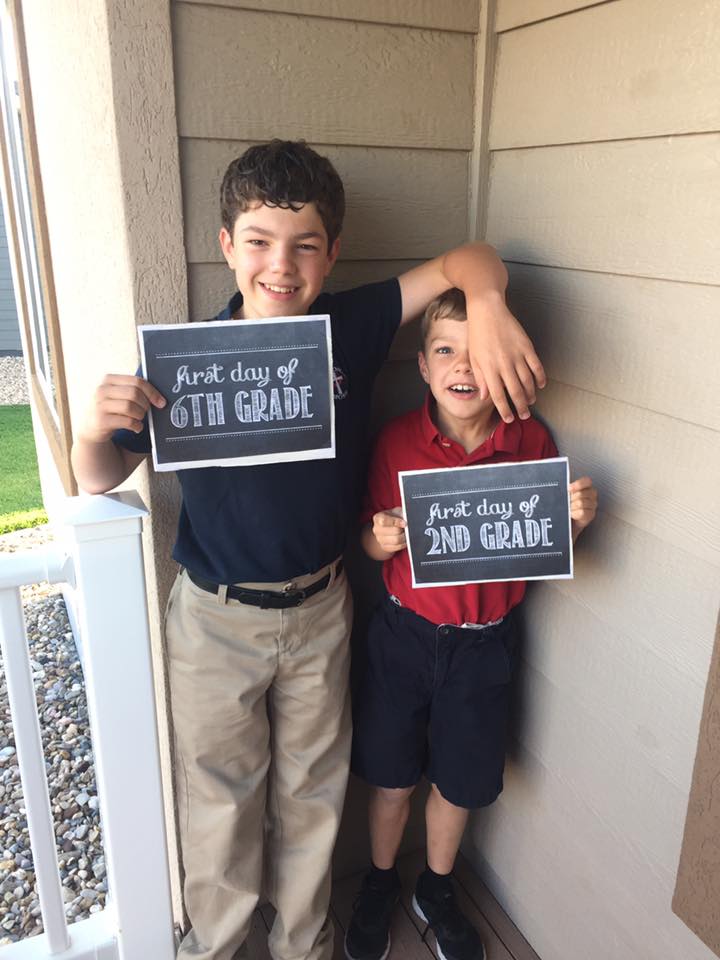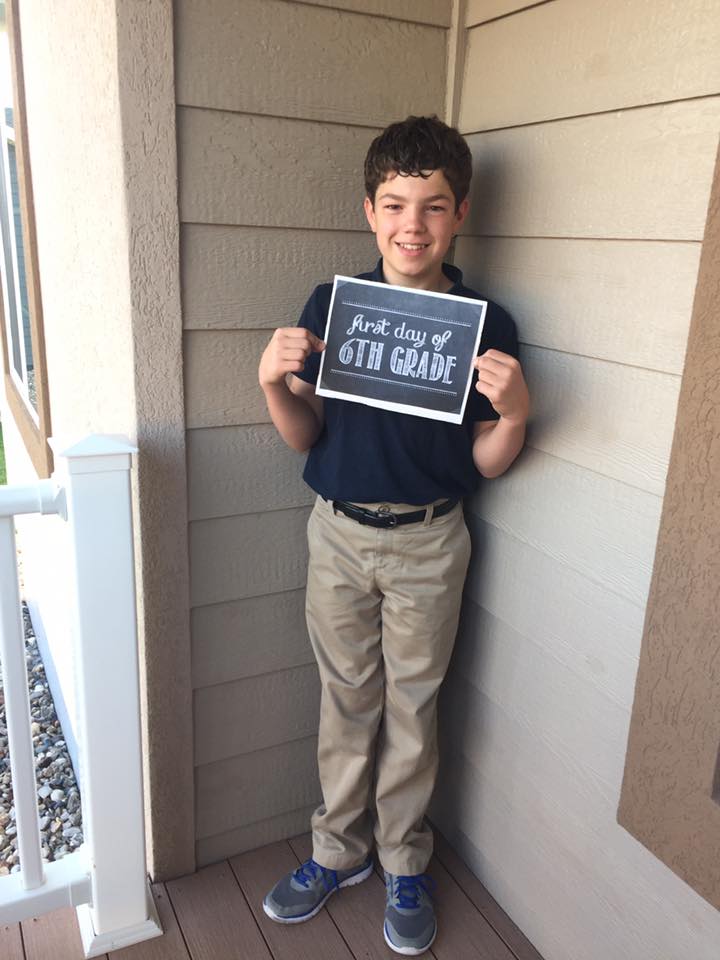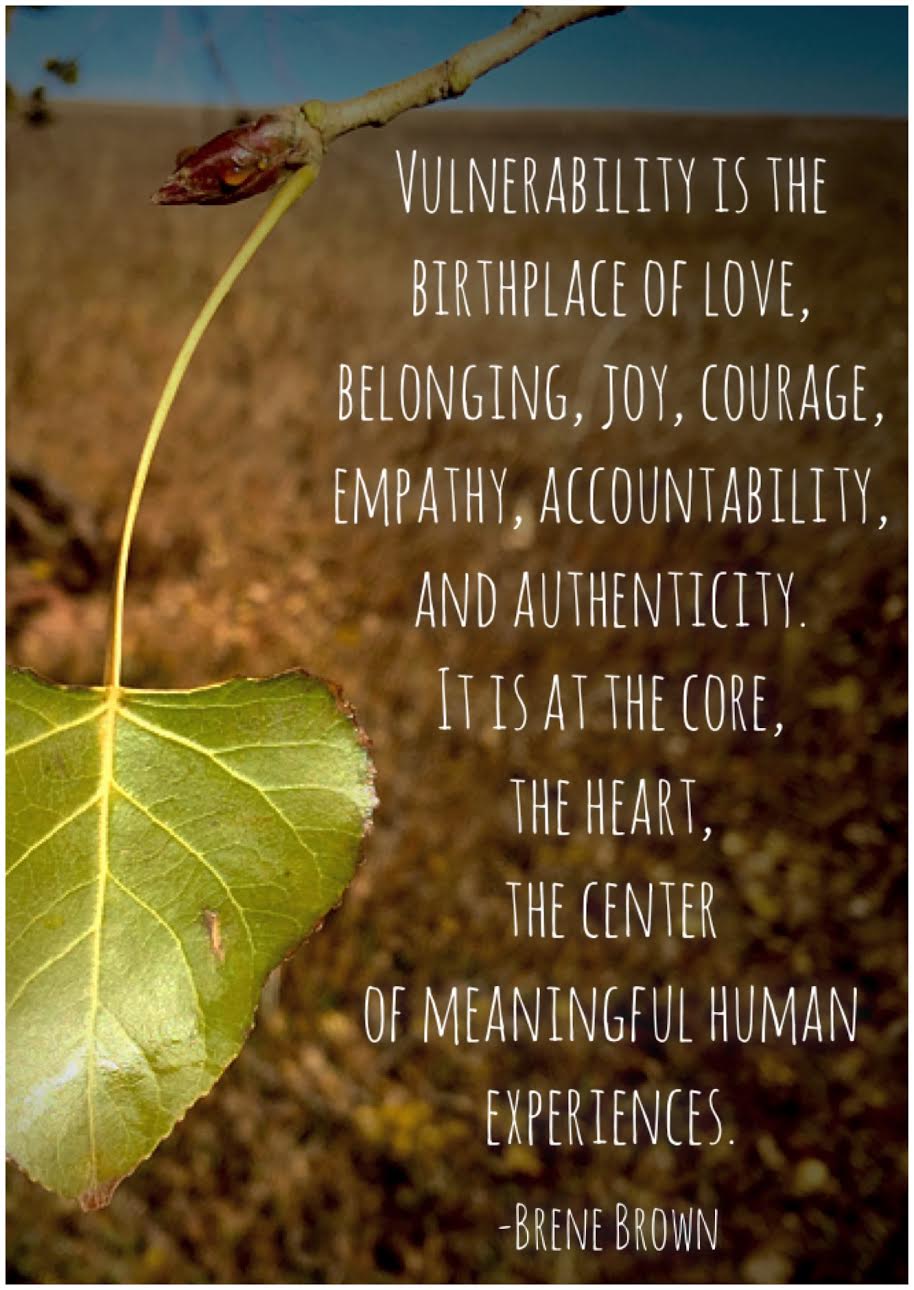I love symbols. Signs and symbols are plain, ordinary things that point to something bigger than themselves. They are at times subtle,--easily missed if we don’t take the time to truly ponder what we see. Symbols remind us that we are surrounded by more than what meets the eye! As Lach’s Legacy is beginning to embark on the next 10 years, with a new 501(c)3 nonprofit designation of our own, it was the perfect time to re-create the branding to more deeply express what it is we hope to do!
This new logo shows the heart of what Lach’s Legacy strives to be. A source of hope and an anchor in the stormy seas of grief. Let me tell you more...
The dragonfly has been our symbol of hope from the day Lach died. It has also been used as a meaningful part of the Lach’s Legacy logo from the beginning. It was inspired for us by a little story book given to us in the hospital on that dreadful day he was torn from our lives. The story was of the water bugs at the bottom of a pond. Every now and then, one of the bugs would climb up the stalk of a lily pad and mysteriously never return. The water bugs held a meeting to get to the bottom of this. They made a promise to each other that the next one to climb the stalk would return to tell the others where he had gone. Very soon after, the same water bug who called the meeting found himself climbing the stalk. He reached the surface and found an expansive new world above the pond. He found he had a new set of beautiful wings that allowed him to be freer than he had ever been. As he was zipping around joyfully in this new form and in the new place, he remembered the promise he’d made before his journey. He tried his best to keep his promise, but found that in his new form, he could not get below the surface and also understood that even if he could, his friends would not recognize him in his new form. The others would have to wait until they’ve made the journey themselves to be able to know the glorious new form and place that was waiting for them!
This symbol and the story speak to the heaven that I love to imagine our children are enjoying, and one that will be our ultimate destination as well. It also alludes to how painful and hard to understand this separation is for those of us left behind. While those of us below suffer from the separation, it is nothing but a joyful experience for those above the surface. This change that happens as we die to one form and take on another is mysterious to those of us below, and completely natural to those who are making the transition. The story leads us to hope that our ultimate fulfillment is brought about by our transition to other side. Our loved ones are there. Alive, present, and joyful in a glorious new form. They remain very near to us…just above the surface.
As we begin this new chapter of Lach’s Legacy, we want to hold onto what's important in the old and bring fulfillment and clarity in the new. The old of dragonfly mixed with the new of the anchor. An anchor is a heavy weight that holds a ship in place, remaining firm and steadfast amid the uncertainty of storms and the elements. An anchor symbolizes the concepts of firmness, tranquility, and hope.
Some of the best comfort I found in my early grief came from exchanging experiences with others who had walked a similar path. Those people who dared to share that vulnerability with me became anchors for me as I grieved. By seeing them and hearing their stories, I knew there was hope of living wholly, fully, and joyfully again, though it was hard to imagine at the time. Lach’s Legacy wants to be that anchor for other grieving parents. A shared vulnerability, a connection to others who share a similar story, something solid to cling to when we are feeling as though we will drown in this ruthless storm of grief. Lach’s Legacy wants to offer a source of steadiness, tranquility, and hope that can bring some sanctuary in the depths of grief.
There's more. The symbolism of the anchor is two-fold. When Lach’s Legacy was conceived, the idea was to be a secular organization offering comfort without ties to faith and religion. However, I have learned through my own experience and in sharing the experiences of others that life in the wake of losing a child is inevitably a defining moment in our spirituality. We are challenged to explore our beliefs on what is beyond this earthly life. I cannot be true to my experience of grief and to share fully my sources of healing and comfort, without also acknowledging the one who is The Healer and The Comforter.
There is some great Christian history in the symbol of the anchor. It comes from Hebrews 6:19: “We have this hope as an anchor for the soul, firm and secure.” In a spiritual context, the anchor symbolizes the stable part of our being, the quality which enables us to keep a clear mind amid the confusion of sensation and emotion. It is hope in Christ amid a turbulent world and hope of heaven in the face of death.
The colors of the logo, too, symbolize more than what you see. Green. The color of spring, new life, and hope. It is the color of growth and transformation. Grass green is a restful color. It points to the life force and the Healer. Green is the great balancer of the heart and emotions, creating equilibrium between the head and the heart. It inspires our ability to love and nurture ourselves and others. And blue. Blue is the color of the infinite. It is the color of the infinite ocean and infinite sky and it inspires us to look beyond. It represents heaven. It is the color of the Virgin Mary, a mother who also held the body of her deceased child in her arms. It is the color of peace and tranquility.
I hope peering into the symbols of the logo has helped clarify what Lach's Legacy is about! I am looking forward to the new and improved direction of Lach's Legacy. I hope you are inspired to follow along and share with those who may find needed comfort and healing between the anchor and the wings!
